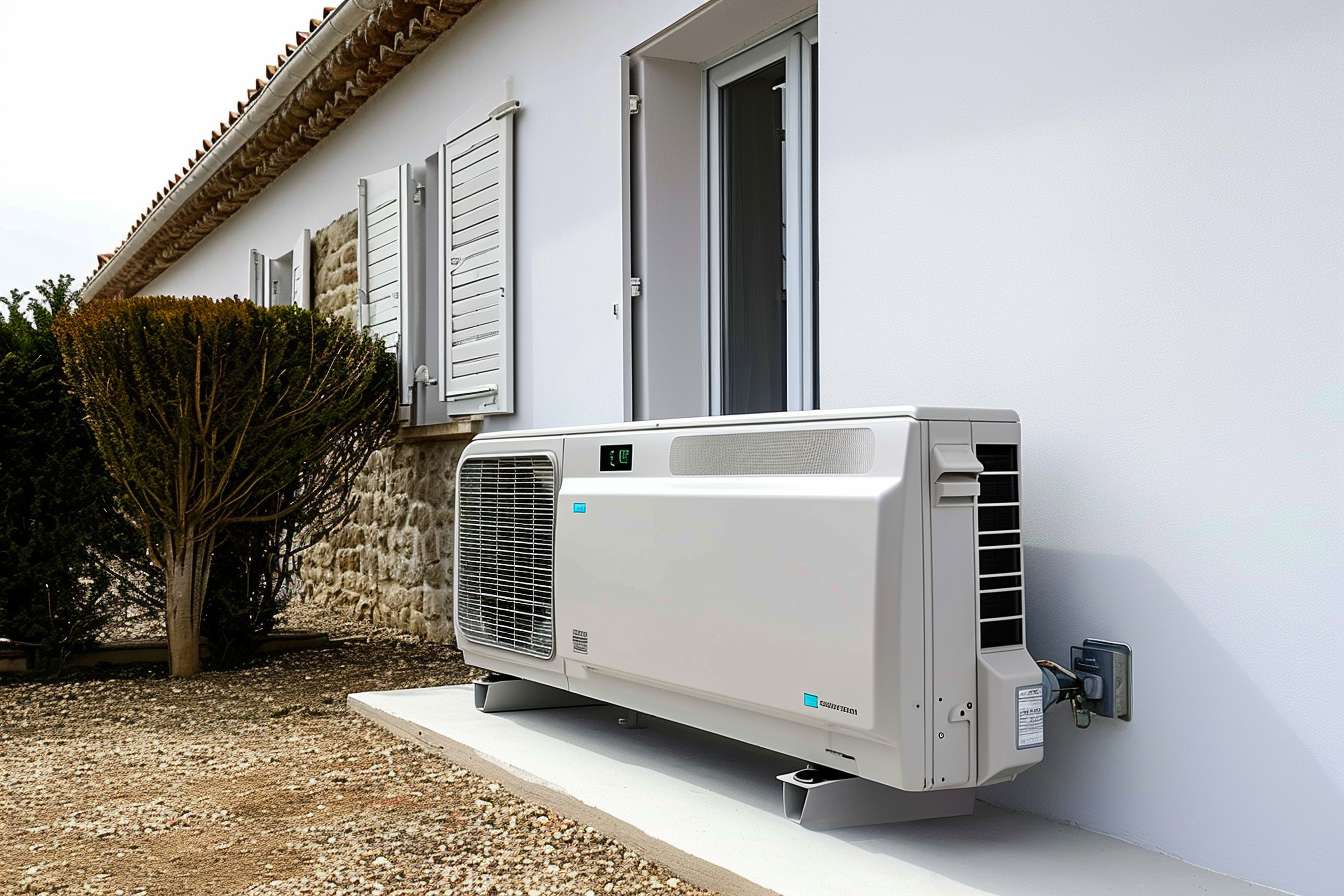Heat Pumps in 2025: A Comprehensive Guide to Future Options
As we approach 2025, the landscape of heating and cooling technologies is evolving rapidly, with heat pumps taking center stage in the quest for energy-efficient home climate control. This comprehensive guide will explore the future of heat pumps, highlighting the options that will be available in 2025 and providing insights to help you make informed decisions about your home's heating and cooling systems.

What are heat pumps and how will they evolve by 2025?
Heat pumps are versatile devices that can both heat and cool homes by transferring heat from one place to another. As we look towards 2025, heat pumps are expected to become even more efficient and environmentally friendly. Advancements in technology will likely lead to improved performance in colder climates, reduced energy consumption, and the integration of smart features for optimal operation.
What types of heat pumps will be available in 2025?
By 2025, consumers can expect to see a wider range of heat pump options, including:
-
Air-source heat pumps: These will remain popular due to their versatility and improved cold-weather performance.
-
Ground-source (geothermal) heat pumps: Expect advancements in installation techniques and efficiency for these systems.
-
Water-source heat pumps: Innovations in this category may make them more accessible for homes near water bodies.
-
Hybrid heat pump systems: Combinations of heat pumps with other heating technologies for optimal performance.
-
Mini-split ductless systems: These will likely see improvements in design and energy efficiency.
How will heat pump efficiency improve by 2025?
Heat pump efficiency is expected to increase significantly by 2025. Manufacturers are focusing on enhancing the Coefficient of Performance (COP) and Seasonal Energy Efficiency Ratio (SEER) ratings. We may see heat pumps with COPs exceeding 5.0, meaning they produce five times more heat energy than the electrical energy they consume. Additionally, the use of more environmentally friendly refrigerants with lower global warming potential will become standard.
What smart features will 2025 heat pumps offer?
The integration of smart technology in heat pumps will be a game-changer by 2025. Expect to see features such as:
-
AI-powered learning algorithms that optimize performance based on usage patterns
-
Seamless integration with smart home systems and voice assistants
-
Real-time energy consumption monitoring and reporting
-
Predictive maintenance alerts to prevent system failures
-
Zone control for personalized comfort in different areas of the home
How will heat pumps contribute to renewable energy goals in 2025?
In 2025, heat pumps will play a crucial role in achieving renewable energy targets. As the electrical grid becomes greener with more renewable sources, heat pumps will offer an increasingly eco-friendly heating and cooling solution. Some heat pumps may even come with built-in capabilities to work with solar panels or wind turbines, further reducing their carbon footprint and helping homeowners achieve near-zero emissions.
What are the expected costs and savings for heat pumps in 2025?
While exact costs can vary, heat pumps in 2025 are expected to offer significant long-term savings despite potentially higher upfront costs. Here’s a comparison of estimated costs and savings for different heat pump types:
| Heat Pump Type | Estimated Installation Cost | Annual Energy Savings | Lifespan |
|---|---|---|---|
| Air-Source | $5,000 - $8,000 | $300 - $600 | 15-20 years |
| Ground-Source | $10,000 - $20,000 | $400 - $1,200 | 20-25 years |
| Ductless Mini-Split | $3,000 - $5,000 per unit | $200 - $400 per unit | 15-20 years |
| Hybrid System | $7,000 - $10,000 | $350 - $800 | 15-20 years |
Prices, rates, or cost estimates mentioned in this article are based on the latest available information but may change over time. Independent research is advised before making financial decisions.
As heat pump technology advances, we can expect to see improvements in efficiency that will lead to greater energy savings over time. Additionally, government incentives and rebates may be available to offset initial costs, making heat pumps an increasingly attractive option for homeowners looking to upgrade their HVAC systems in 2025.
In conclusion, the future of heat pumps in 2025 looks promising, with advancements in efficiency, smart technology integration, and environmental sustainability. As these systems continue to evolve, they will play an increasingly important role in home heating and cooling, offering homeowners more options for comfortable, cost-effective, and eco-friendly climate control.




